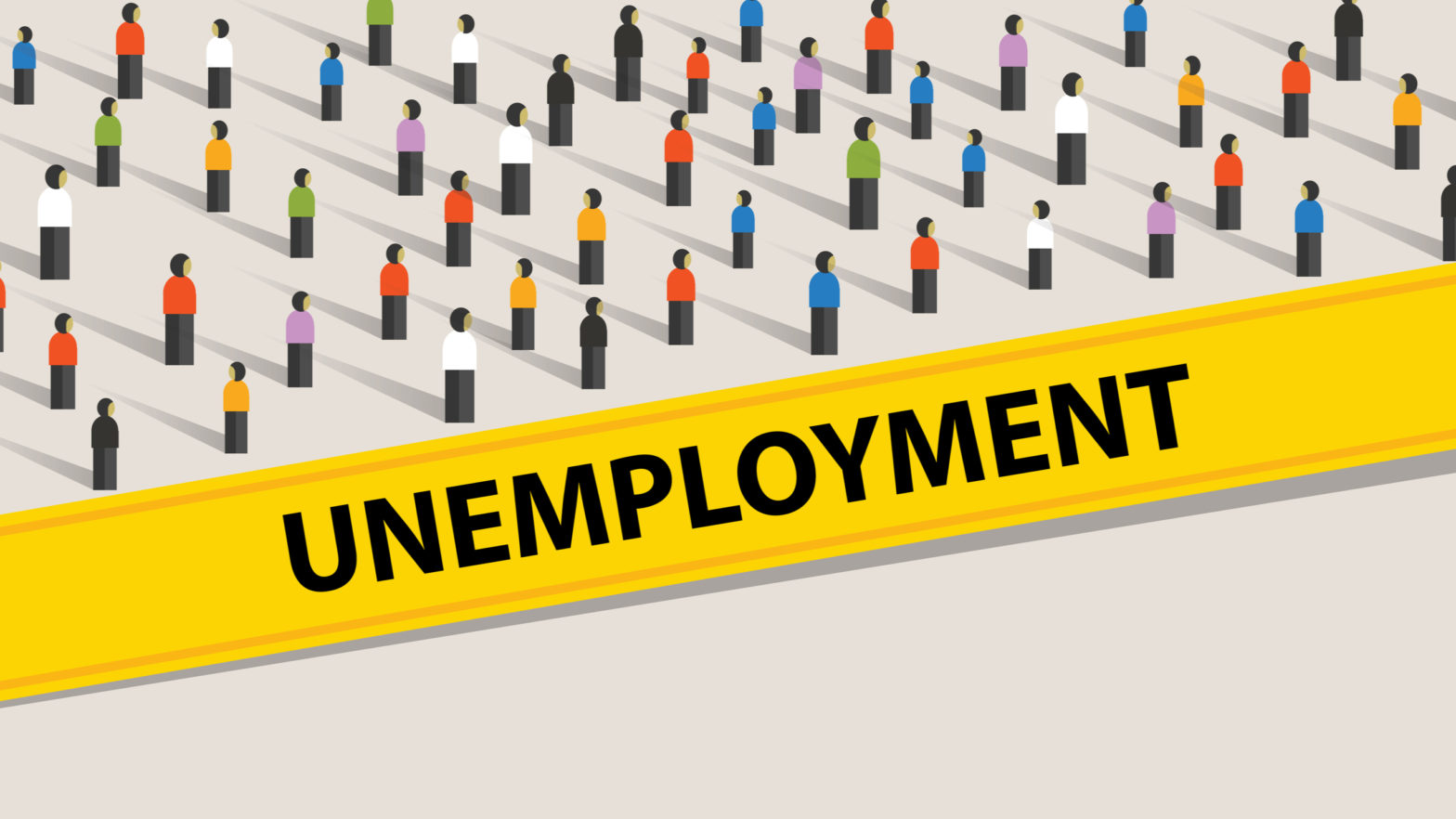DISCLAIMER: As the COVID-19 public health situation evolves, new regulations are being continually issued. This page/story/information may not include the most recent information.
If you’re out of work and waiting for stimulus funds, you need to be resourceful. Here’s a few ways to scrimp and save.
Story by: ELLEN CHANG UPDATED:APR 24, 2020 12:29 PM EDT / ORIGINAL: APR 23, 2020
Over 26 million Americans have filed for unemployment and more people are expected to file for benefits as businesses remain shuttered due to the coronavirus pandemic.
As people wait for their federal stimulus checks and unemployment funds to arrive and companies to reopen, saving money remains a top priority.
Here are the 14 best ways to save money while you are unemployed.
1. Seek Deferments
Communicating with everyone you owe money to is an essential step if you have lost your job and have no source of income, said Bruce McClary, spokesperson for the National Foundation for Credit Counseling, a Washington, D.C.-based non-profit organization.
“Each interaction is an opportunity to ask for relief from monthly payments and help your financial resources go farther,” he said. “The more payments you are allowed to skip without penalty, the longer your money will last.”
Call creditors to explain your hardship and try to defer payments, even your mortgage, rent and utilities, said Jim Triggs, CEO of Money Management International, a non-profit debt counseling organization in Sugar Land, Texas.
2. Seek Out Local Resources
There are many non-profit organizations that are providing help for utility payments or food. Your local food bank and public schools are likely providing food or meals. Global nonprofits such as World Central Kitchen are providing meals throughout the U.S. and working with local nonprofits.
3. Search for Sales and Deals
Check out the sales being offered by grocery stores and other retailers either through their weekly advertisement or online.
“Clip coupons, find sales and make sure whatever you are able to buy that you’re getting the best deal on those items,” Triggs said.
4. Talk to Friends and Family Members or Call A Credit Counselor
Discussing your financial situation can be difficult, but talk to your friends and family about helping each other out.
“Most everyone is in this bad situation by no fault of their own, your friends and family may be very happy to help out during this crisis,” he said.
Talk to a professional who can provide you options to elevate some of your overload of bills and creditors call. Work with a credit counselor who can evaluate your situation, provide some lower credit interest and establish a monthly budget that is attainable.
5. Use Your Credit Card Rewards
Take advantage of credit card rewards you may have already stockpiled, said Ted Rossman, an analyst for CreditCards.com.
“Cash back can be really valuable, especially these days,” he said.
Make sure you’re using the right cards for necessary purchases such as groceries – the American Express (AXP) – Get Report Blue Cash Preferred gives 6% cash back at U.S. supermarkets and the Chase (JPM) – Get Report Freedom is giving 5% cash back on groceries this quarter.
6. Ask for Lower Interest Rates
Call your credit card companies and other creditors about changing due dates, lowering interest rates and waiving other fees, Rossman said.
7. Make a List
Before you go shopping at the grocery store or at Target, (TGT) – Get Report make a list.
Shoppers who make a list of items they need to purchase are more likely to stick with their budget.
“Plan ahead to avoid any surprise expenses that could drain your savings or lead to unmanageable debt,” McClary said.
8. Give Gifts of Service
Provide gifts of services like babysitting or dog sitting instead of buying someone a gift, even a small one for someone’s birthday or other celebrations. Print out photos from your phone of you and your loved ones. This is still a very “thoughtful gift” because it shows that you care, Triggs said.
9. Reduce Energy Costs
Lower your energy costs by searching for cheaper rates online for electricity if you live in a deregulated city. Determine if a utility company offers any incentives such as when power is used during off-peak hours. Replace your current light bulbs with LEDs since they are more efficient and last longer. Lighting consists of a large portion of power usage for some households.
10. Use Round-Up Savings
Apps from banks and other financial institutions such as Bank of America (BAC) – Get Report, Acorns, Chime, Digit and Qapital round up your purchases to the next dollar and deposit it in a savings or investment account. Some of the apps are free while others charge a nominal monthly fee.
If you’re still driving frequently, here are some ways to save money on gasoline:
11. Use Cash for Gas
Some gas stations offer a discount if cash is used instead of a credit card. The discount is usually only a few pennies per gallon, but the savings add up.
12. Avoid Stations Near the Freeway
Gas stations along the freeway or major roadways are easy to spot and convenient, but prices are often higher.
13. Fill Up at Warehouse Stores
Shop and get gasoline at warehouse stores such as Costco (COST) – Get Report or Sam’s Club because they give discounts to their members.
14. Check the Tire Pressure
Check your tire pressure every month because when tires are underinflated, cars use more fuel.
Coronavirus Market Update: Sign up for TheStreet’s Coronavirus Market Update newsletter and get the latest market headlines delivered to your inbox daily.
TAGS: PERSONAL FINANCE
BY ELLEN CHANG
